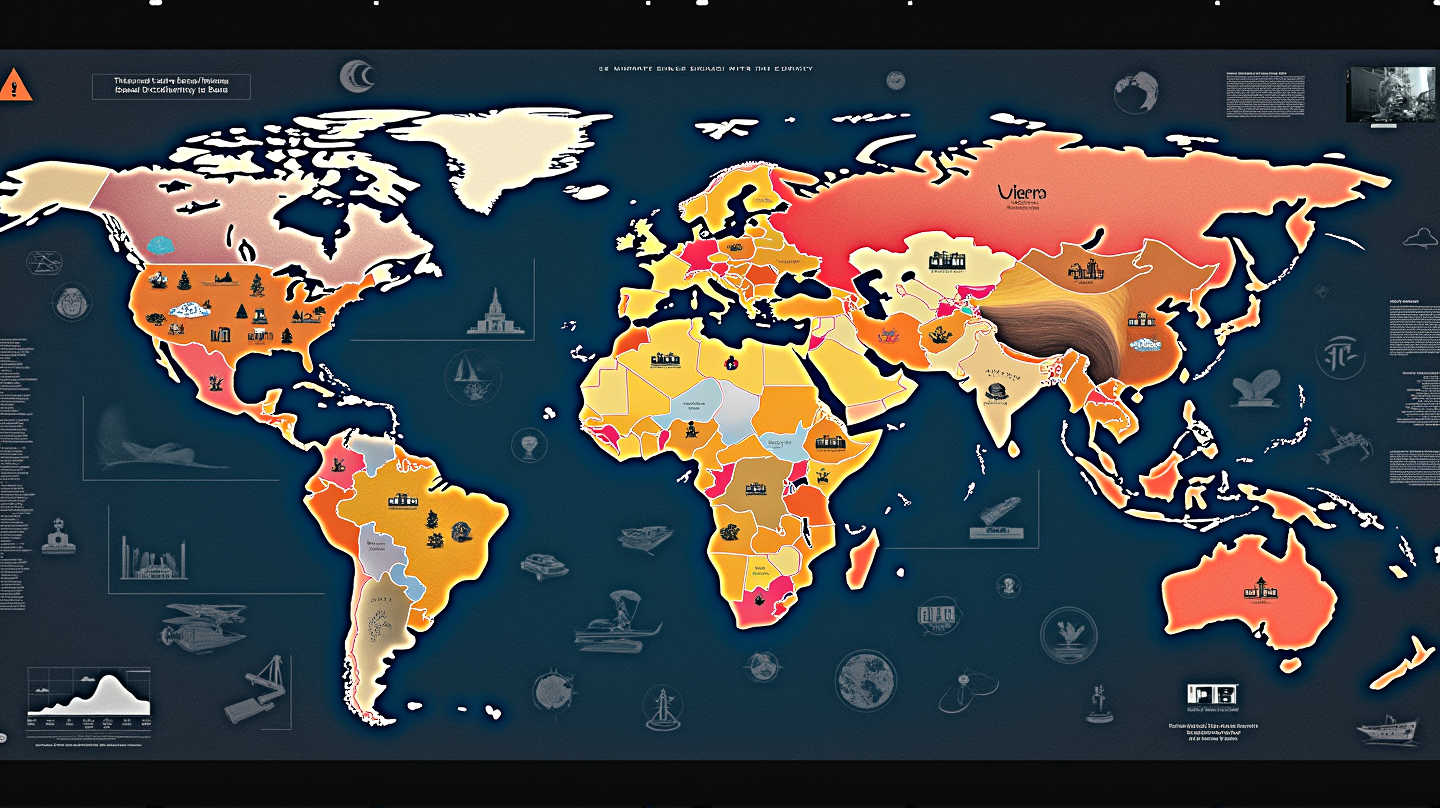Google, the tech giant synonymous with internet searching and numerous digital innovations, celebrates 27 years since its inception. Founded in a modest garage in Menlo Park, California, by Stanford PhD students Larry Page and Sergey Brin in 1998, the company has grown from its original PageRank-powered search engine into a diverse tech empire that encompasses various sectors including artificial intelligence, mobile operating systems, and cloud computing.
Origins: The Birth of a Search Phenomenon
The story of Google begins as an academic research project known as “BackRub,” which used link analysis to rank website importance. Upon securing a significant seed investment and registering the domain google.com, the nascent company chose “Google” to underscore its mission: organizing the world’s information or, metaphorically, doing the impossible with a play on the word “googol,” representing a vast quantity of data.
By the closing months of 1998, Google had already made significant headway, indexing over 60 million pages and establishing itself as the primary choice for internet users worldwide. According to ts2.tech, this rapid ascent was facilitated by its novel algorithms which eclipsed existing search protocols.
Exponential Growth and Product Innovation
In the early 2000s, Google set about redefining internet services. Launching Gmail in 2004, Maps in 2005, and subsequently acquiring YouTube in 2006, Google quickly became indispensable. The debut of the Chrome browser in 2008 followed the successful introduction of Android OS, which now commands a majority market share in the mobile operating system sphere. These releases were supported by Google’s revolutionary advertising platforms—AdWords and AdSense—catapulting the company to new financial heights.
The AI Frontier and Competitive Pressures
With advancements in artificial intelligence, Google has positioned itself as a leader in this frontier. It has developed significant AI models such as Gemini and Bard, which are integrated into its various products, promising conversational search capabilities and enhanced user interfaces through innovations like Search Live. These developments echo Google’s ambitious vision to evolve AI to new heights, promising to redefine cloud computing and related tech markets.
Despite its dominance, Google encounters formidable challenges. Rivals like Microsoft’s Bing and innovative AI platforms like OpenAI’s ChatGPT are pushing Google to continuously evolve. Legal battles also loom, with multiple antitrust cases focusing particularly on Google’s overwhelming market share in search, which remains around 90%.
Looking Ahead: Google’s Future Trajectory
As Google marks its 27th anniversary, its journey signifies a mixture of innovation, resilience, and adaptation amidst regulatory scrutiny and competitive industries. Executives, including CEO Sundar Pichai, emphasize the significance of responsibly navigating the AI landscape as it intersects with Google’s future direction. The transitioning digital world anticipates what Google—armed with its vast resources and culture of innovation—will contribute to the tech landscape in the years to come. The company’s steadfast commitment to pushing the boundaries of technology will likely continue to shape and redefine our digital lives.
This milestone anniversary not only celebrates Google’s past achievements but signifies its ongoing potential to innovate and lead in the ever-evolving technology sector.
